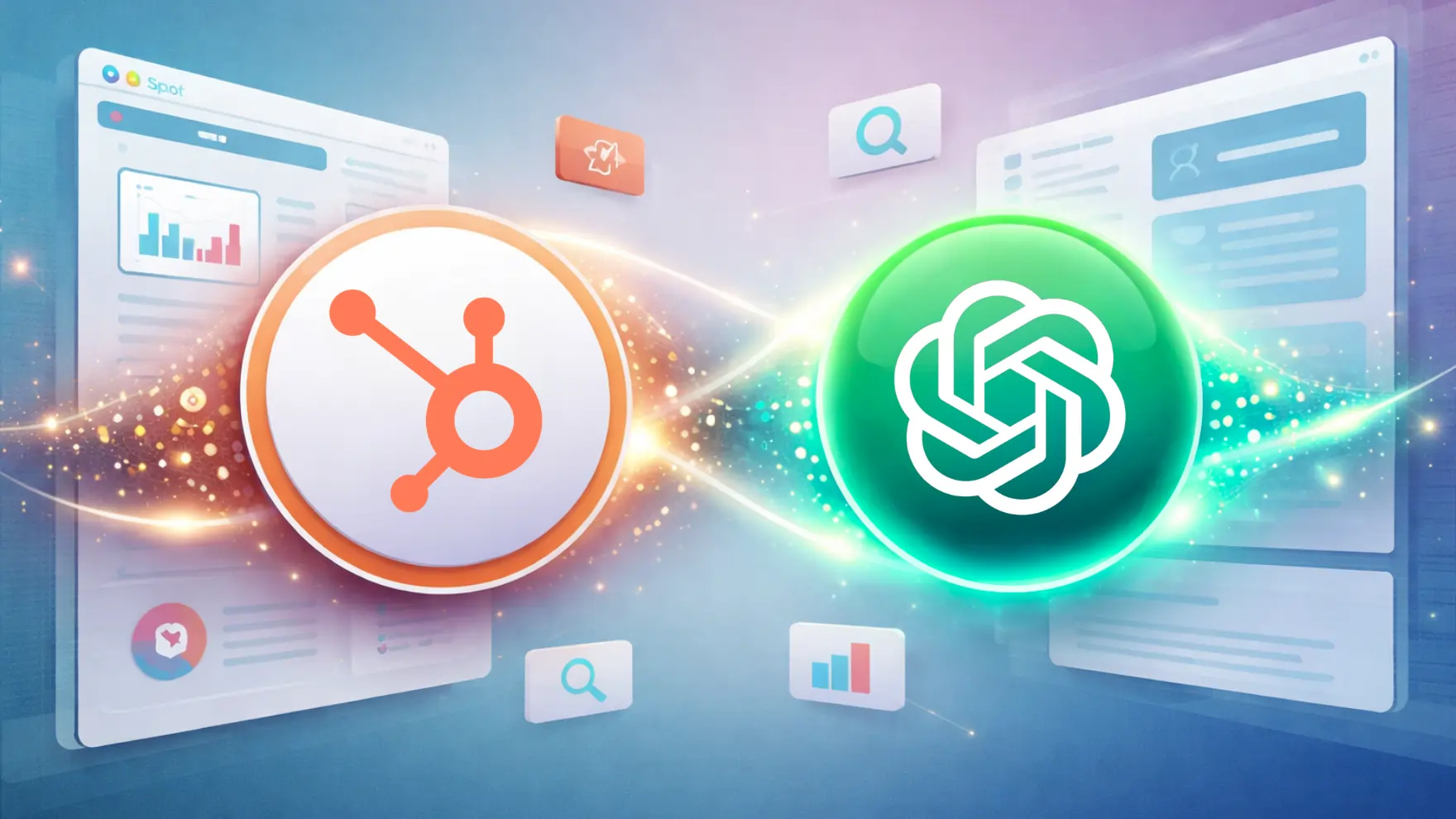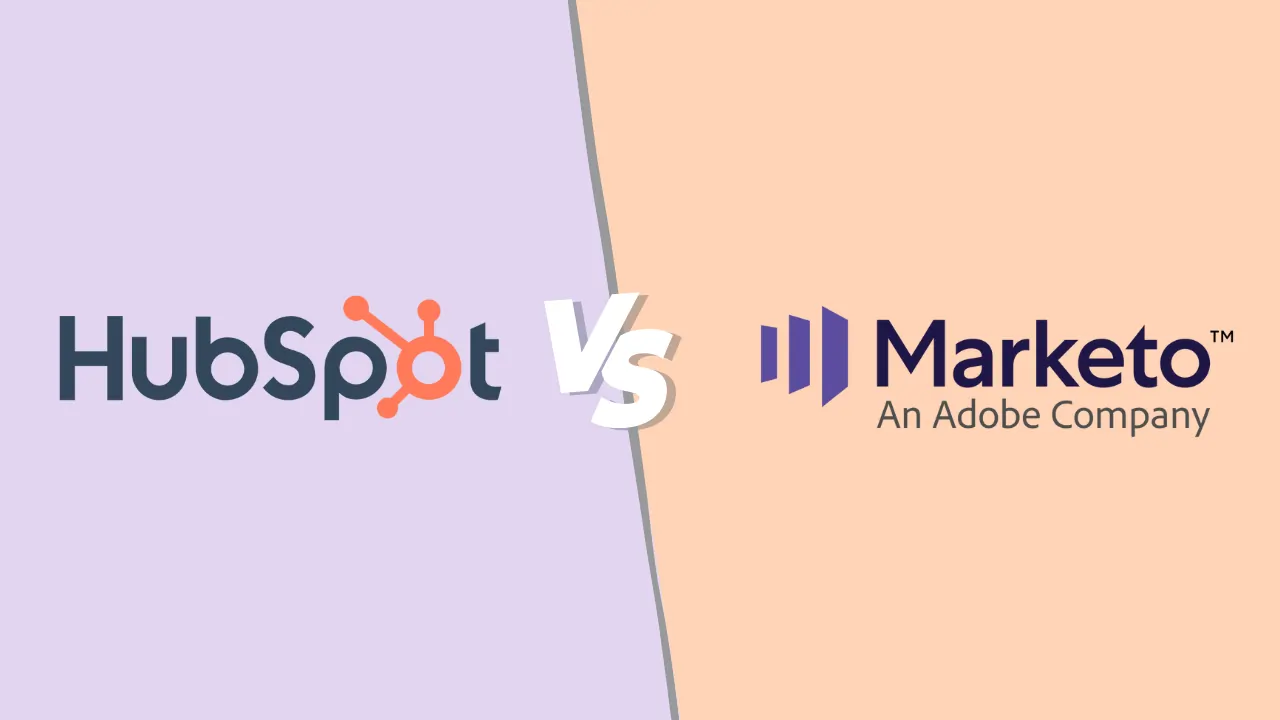How Software for Nonprofit Organizations Streamlines Processes
Nonprofit organizations are vital in addressing social issues and positively impacting communities. Nonprofits can overcome these hurdles by using software solutions to maximize their impact. We will explore the essential software tools nonprofit organizations require, including accounting software, website builders, customer relationship management systems, project management tools, and email marketing platforms. These tools allow nonprofit operations to be more efficient, streamline processes, and be more effective.
Accounting Software
For nonprofit organizations, managing finances and maintaining transparency is essential. Accounting software tailored for nonprofits offers specific features to streamline financial management. Here's how accounting software can benefit nonprofit organizations:
Simplified bookkeeping: Accounting software for nonprofits automates bookkeeping tasks like income tracking, expense categorization, and fund management, so audits and financial reports are done faster.
Grant tracking and reporting: Nonprofits often rely on grants and donations. Accounting software tracks grants, manages restricted funds, and generates detailed reports for funders. This helps maintain compliance and fosters transparency.
Budgeting and forecasting: Nonprofit accounting software enables organizations to create budgets, monitor spending, and compare actual financials with projected outcomes. It helps nonprofits make informed financial decisions and allocate resources effectively.
Website Builders
Nonprofit organizations need an online presence to get attention, engage supporters, and attract donors. A website builder gives you easy-to-use tools to make and maintain your nonprofit website. Here's how they help:
Customizable templates: Website builders provide pre-designed templates tailored to nonprofit organizations. These templates include features such as donation buttons, volunteer sign-ups, and storytelling sections, allowing nonprofits to create compelling websites without extensive technical expertise.
Donor and volunteer engagement: Using website builders, nonprofits can manage donor and volunteer relationships. They can incorporate donation forms, event registrations, and email subscriptions to keep in touch with supporters.
Content management: Website builders enable nonprofits to update their websites easily. They can showcase success stories, impact reports, and ongoing projects, creating a compelling narrative that resonates with potential donors and stakeholders.
CRM Systems
Customer Relationship Management (CRM) systems are invaluable for nonprofit organizations to build and nurture relationships with donors, volunteers, and other stakeholders. Here's how CRM systems can benefit nonprofits:
Donor management: CRM systems help nonprofits maintain comprehensive donor profiles, track interactions, and segment donors based on interests and giving history. This enables personalized communication, targeted fundraising campaigns, and donor retention strategies.
Volunteer coordination: CRM systems allow nonprofits to manage volunteer recruitment, scheduling, and communication. They help streamline volunteer onboarding processes, track volunteer hours, and recognize their contributions, fostering a positive volunteer experience.
Relationship tracking: CRM systems provide a centralized platform to track and manage relationships with stakeholders such as partners, board members, and community organizations. This ensures effective collaboration and strategic partnerships for the nonprofit's mission.
Project Management Tools
Nonprofit organizations often handle multiple projects concurrently, ranging from fundraising events to community outreach programs. Project management tools help streamline project workflows and enhance collaboration. Here's how project management software can benefit nonprofits:
Task and milestone tracking: Project management tools enable nonprofits to create project tasks, set deadlines, assign responsibilities, and track progress. They provide a bird's-eye view of ongoing projects, ensuring that objectives are met within the specified timeframes.
Resource allocation: Nonprofit project management software helps organizations allocate resources effectively, including staff, volunteers, and budgets. It ensures projects are adequately resourced and reduces inefficiencies.
Collaboration and communication: Project management tools offer centralized platforms for teams to collaborate, share files, and communicate effectively. They facilitate smooth coordination among project members, regardless of their physical location.
Email Marketing Platforms
Email marketing remains a powerful tool for nonprofit organizations to communicate with their supporters, share updates, and drive engagement. Email marketing platforms offer features specifically designed for nonprofits. Here's how email marketing platforms can benefit nonprofits:
Donor communication: Email marketing platforms allow nonprofits to send personalized emails to donors, acknowledging their contributions, sharing impact stories, and requesting continued support. It helps nurture donor relationships and encourages recurring giving.
Fundraising campaigns: Email marketing platforms provide tools to create compelling fundraising campaigns, including customized donation appeals, progress updates, and social sharing options. They help nonprofits reach a broader audience and maximize fundraising efforts.
Event promotion: Nonprofits can use email marketing platforms to promote events, send event reminders, and manage RSVPs. This ensures effective event communication and attendance management.
The Bottom Line
The impact of nonprofits can be amplified by leveraging essential software tools. Accounting software streamlines financial management; website builders create compelling online presences, CRM systems foster donor relationships, project management tools optimize workflows, and email marketing platforms enable effective communication. By embracing these software solutions, nonprofits ensure transparency, sustainability, and long-term success while focusing on their mission.
























